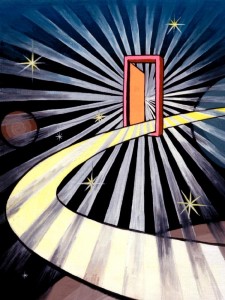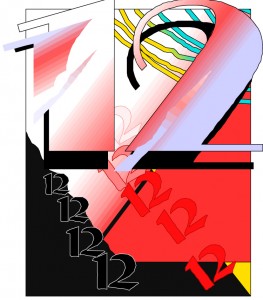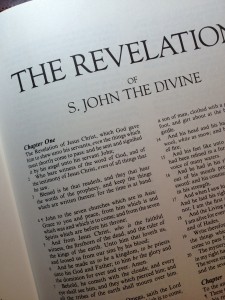A Chronological Analysis of Scriptures on the Resurrection of the Dead
Gen 3:2–3, The question of what happens in the afterlife goes back to the very beginning of man’s tenure on this earth as we can see from Eve’s discussion with the serpent. Out of fear of death, Adam and Eve chose not to eat of the tree of knowledge, until the serpent tricked them to disobey YHVH and eat of it. The serpent lied to them by telling them that they could have immortal life and still violate Elohim’s commandments. Most men have believed this lie to this day.
Job 14:12–15, Job is likely the oldest book in the Bible, and we see that from early times until now, man has had a perennial interest in the afterlife. Job wonders what his fate will be when he dies. Will he die and that’s all there is, or is there an afterlife?
Job 19:25–27, Job came to a place in his life where he obtained a faith about his fate in the afterlife. He knew that it hinged on his faith in his Redeemer. Biblically speaking, what was the mission of the Redeemer (i.e., Yeshua the Messiah)? It was to redeem man from the sting of death brought on by sin.
Ps 16:9–10, Though this is usually viewed as a messianic prophecy, it isn’t confined to this interpretation. Who are YHVH’s holy, kadosh or set apart ones? The Messiah fits this catergory, of course, but so also do YHVH’s saints. As the apostolic writers teach us, as Yeshua died and rose again, so the saints who are in Yeshua will die and rise again.
Ps 17:15, The term “awake” as in “awake from the sleep of death” is a Hebraism referring to the resurrection. David knew that YHVH created man in his own image for a purpose. If so, then why? It’s deductive reasoning. The creation of man wasn’t a pointless, dead-end endeavor on the Creator’s part. David knew the heart and character of YHVH well enough Continue reading





